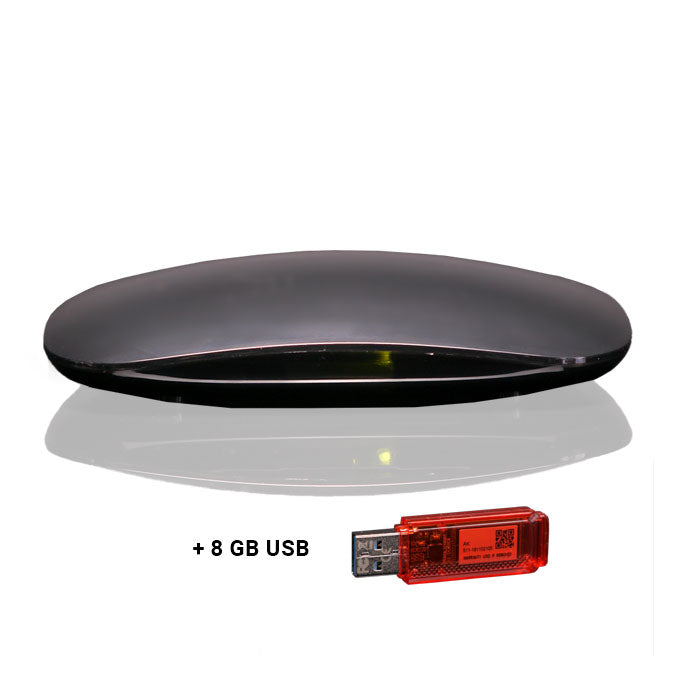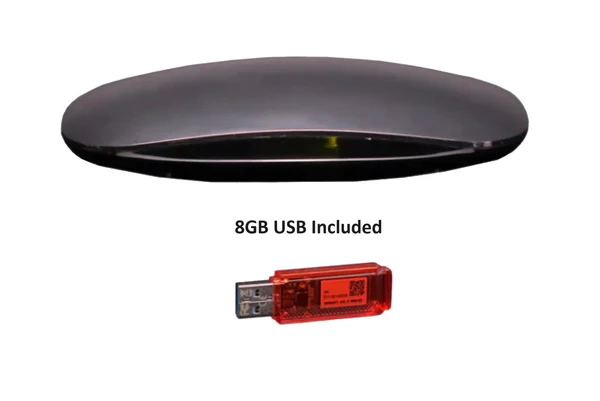Digital Video Recorders (DVRs) have revolutionized how we watch TV, offering viewers the ability to record their favorite shows and watch them at their convenience. This guide covers everything you need to know about DVRs, including how they work, the different types available, and the benefits of using one.
What Is a DVR and How Does It Work?
A Digital Video Recorder, or DVR, is an electronic device designed to record television programs onto a hard drive or another storage medium. It works by capturing the video and audio signal from your cable, satellite, or antenna and saving it for future playback. Unlike traditional VCRs, DVRs store recorded content digitally, offering higher quality recordings and advanced features such as pause, rewind, and fast-forward.
The History and Evolution of DVR Technology
DVRs were introduced in the late 1990s, and since then, they have evolved significantly. Early models had limited storage and were often bulky, but modern DVRs now come with terabytes of storage, sleek designs, and smart features. This evolution has made DVRs a standard home entertainment tool, offering more control over your TV viewing experience.
Key Features of Modern DVRs
Modern DVRs come equipped with a range of features designed to enhance the viewing experience. These include HD recording capabilities, multiple tuners for recording several channels simultaneously, and the ability to pause live TV. Many DVRs are also connected to the internet, enabling features like streaming, remote scheduling, and access to apps.
Choosing the Right DVR for Your Needs
Selecting the right DVR depends on factors like storage capacity, the number of tuners, and compatibility with your TV provider. If you have a large family or frequently record multiple programs at once, you’ll want a DVR with more tuners and storage. Additionally, consider whether you need a DVR that supports HD or 4K content, especially if you have a high-definition TV.
Comparing DVRs for Cable, Satellite, and Antenna Users
Different DVRs are tailored to different types of TV services. Cable and satellite DVRs typically come bundled with service providers, offering integration with their cable boxes. On the other hand, antenna DVRs allow you to record over-the-air broadcasts. The best DVR for you depends on how you receive your television signal and what additional features you’re looking for.
The Benefits of Owning a DVR
Owning a DVR offers several advantages, the most significant being the ability to watch your favorite shows on your schedule. This is particularly useful for people with busy lives who can’t always be home to catch their favorite programs. Additionally, DVRs allow you to skip commercials, record entire seasons of shows, and store large libraries of content.
DVR Storage Capacity: What You Need to Know
The storage capacity of a DVR determines how many hours of content it can hold. Entry-level models may offer around 100 hours of storage, while more advanced DVRs can store upwards of 2,000 hours. If you record a lot of high-definition content, be sure to choose a DVR with ample storage space to accommodate your needs.
How to Set Up a DVR for the First Time
Setting up a DVR is typically straightforward, but it varies depending on the brand and service provider. Generally, you’ll need to connect the DVR to your TV, set it up to receive a signal, and configure recording settings. Many modern DVRs offer easy-to-follow on-screen instructions to help you through the process.
DVR vs. Streaming: Which Is Better for You?
While streaming services like Netflix and Hulu offer convenience, they don’t replace the functionality of a DVR. DVRs allow you to record content from live TV, while streaming services offer pre-recorded content. Depending on your viewing habits, you may prefer a combination of both, using the DVR for live shows and streaming for on-demand content.
Troubleshooting Common DVR Issues
DVRs can occasionally run into issues, such as recording failures or playback problems. Common troubleshooting steps include restarting the device, checking the storage capacity, and ensuring the connections are secure. If you’re using a DVR from your cable or satellite provider, they often offer support to resolve more complex problems.
How Much Does a DVR Cost?
The cost of a DVR can vary widely based on features, storage capacity, and whether it’s part of a service package. Standalone DVRs generally range from $100 to $500. If you’re getting a DVR through your cable or satellite provider, the cost may be bundled with your monthly subscription, though there may be additional fees for advanced models.
DVR and Cloud Storage: A Growing Trend
Some modern DVRs offer cloud storage, allowing you to save your recordings remotely. This is especially useful if you don’t want to worry about running out of space on your physical DVR. Cloud storage also enables you to access your recordings from multiple devices, making it easier to watch your shows while on the go.
The Future of DVRs: What’s Next?
As technology continues to evolve, so will DVRs. Future models are expected to integrate more advanced AI features, such as automatic recording suggestions and enhanced search capabilities. Additionally, as streaming services grow in popularity, DVRs may find ways to integrate with these platforms, offering even more convenience for users.
How Can I Record Shows on a DVR?
To record shows on a DVR, you typically need to navigate to the program guide, select the show you want to record, and press the record button. Many DVRs also offer the option to record entire seasons of shows, so you never miss an episode.
Can a DVR Work Without an Internet Connection?
While many modern DVRs offer internet-connected features, such as streaming and remote scheduling, it is still possible to use a basic DVR without an internet connection. You will be limited to the core functionality, such as recording live TV, but the device will still perform its primary function.
FAQs
What is the difference between a DVR and a VCR?
A DVR digitally records shows onto a hard drive or cloud, whereas a VCR uses magnetic tape. DVRs offer better video quality, more storage options, and advanced features like pause, rewind, and fast-forward.
Can I record multiple shows at once on a DVR?
Yes, many modern DVRs have multiple tuners, allowing you to record several shows simultaneously. The number of programs you can record depends on the number of tuners your DVR has.
How long can a DVR store recordings?
The storage length of a DVR depends on its storage capacity. Higher-end models can store hundreds or even thousands of hours of content, while lower-capacity models may only hold a few dozen hours of programming.
read for more












































